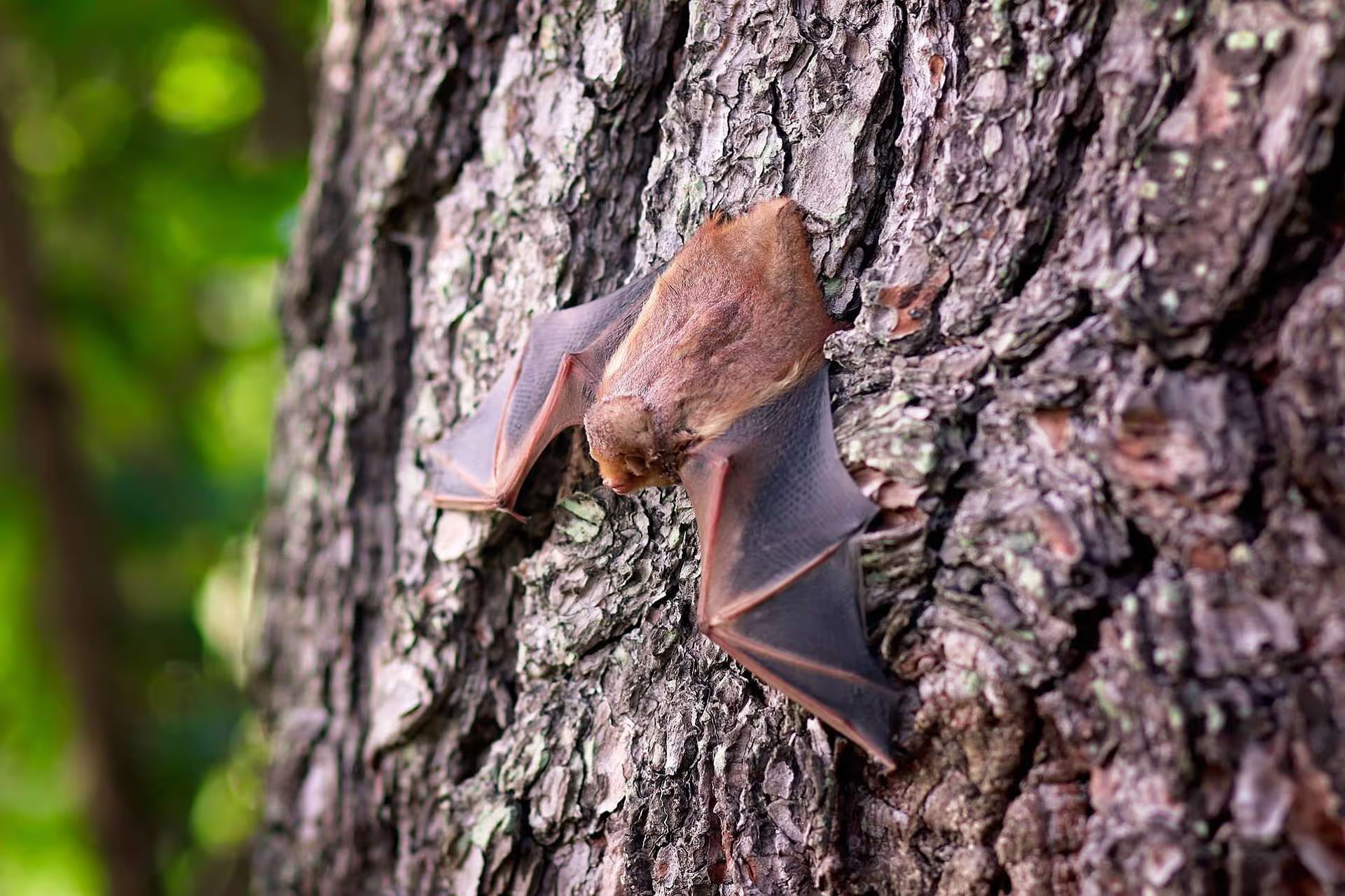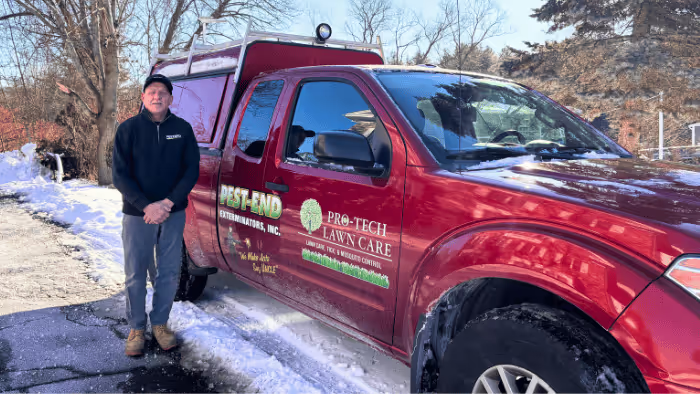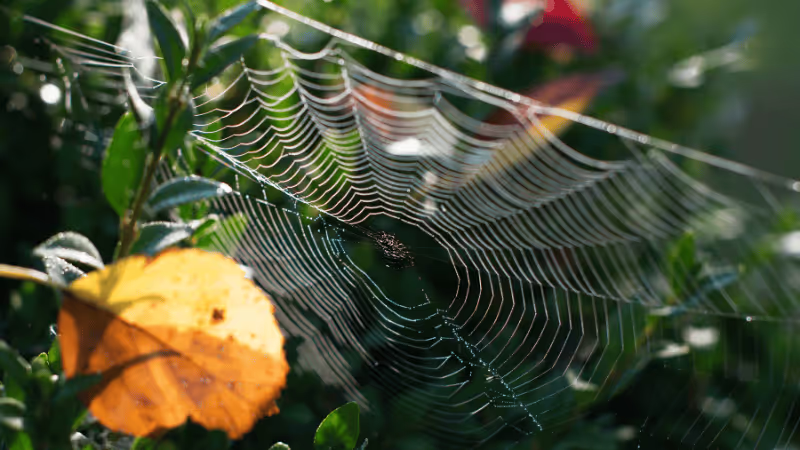How Dangerous Are Bats?

Bats are often the focus of Hollywood's scariest stories and folklore that tells horrifying tales about what happens when humans are bitten by one of these flying mammals. Bats often get a bad rap for being a spooky night time predator. So are these portrayals accurate or are these critters just misunderstood? Let's take a look at the evidence.

Bats Are Unique
Before we jump into determining whether bats are a danger to you and your family should one or two make their way into the interior of your home, let's examine just how unique these creatures really are first.Bats hold a very special distinction of being the only flying mammal in the world. They inhibit all corners of the globe except the most extreme deserts and polar regions. That means that many of us have some experience with bats in our lives.These nocturnal beings are known for living in social groups and hunting for meals in a cluster during the dark of night. In addition to being social creatures, they are amazingly fast flyers as some recent research shows they can travel as fast as 100 mph.

What Risks Do Bats Pose?
Bats, like most wild animals, can be dangerous. Probably not for the reasons you think, however. Bats rarely bite or scratch humans, and usually only do so as a method of defending themselves when trapped inside a home or structure.Bats can harbor disease such as rabies, so it is best to leave the trapping and removal of any bat that finds its way into your home to the professionals. While bats are a carrier of the rabies disease, not every bat has rabies. The only for sure way to confirm if a bat has rabies is to send it in for testing.If a bat has made a home in your home, one of the biggest health concerns would be the mess that is left behind. The Centers for Disease Control and Prevention (CDC) explains that bat droppings, called guano, can contain fungal spores that when inhaled can cause a disease called histoplasmosis. This respiratory disease can be extremely dangerous to humans.Bat guano also can buildup over extended periods which often requires sanitation, removal, and replacement of attic insulation before an area is safe to enter again. Due to these reasons, you really don't want bats making a roost in your attic or any other area of your home.
How Pest-End Can Help
Should you notice bay guano or even see a bat flying around your home, our wildlife specialists can help you remove the creature and exclude it from any future roosting. We also offer a warranty with our bat exclusion work to ensure that they never find their way back into your home.



